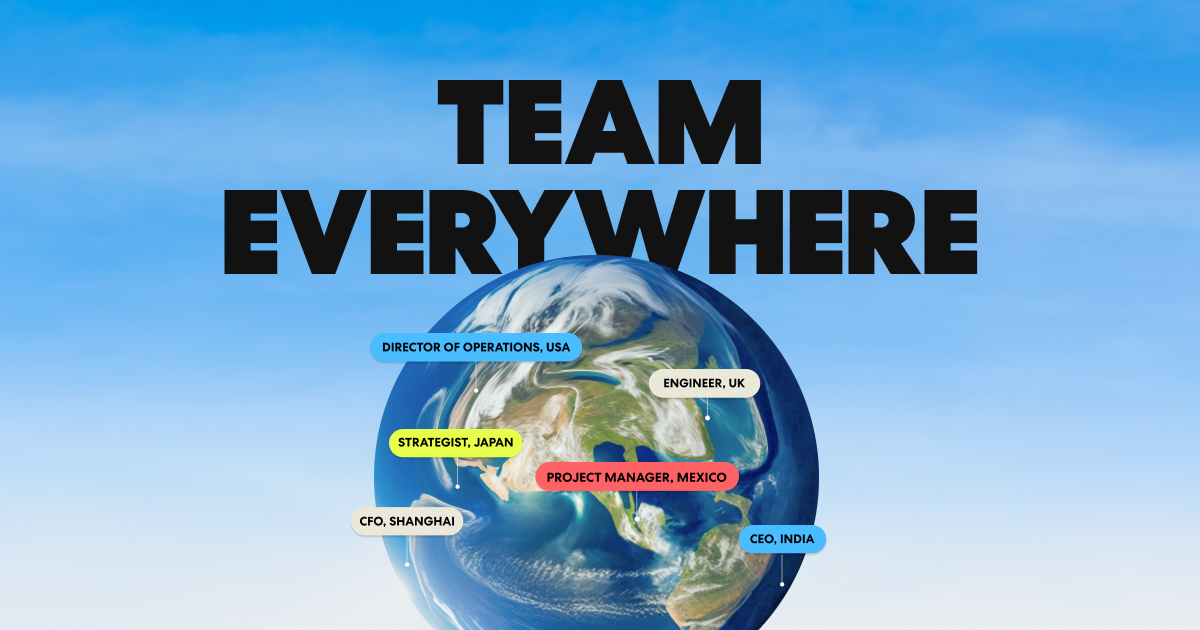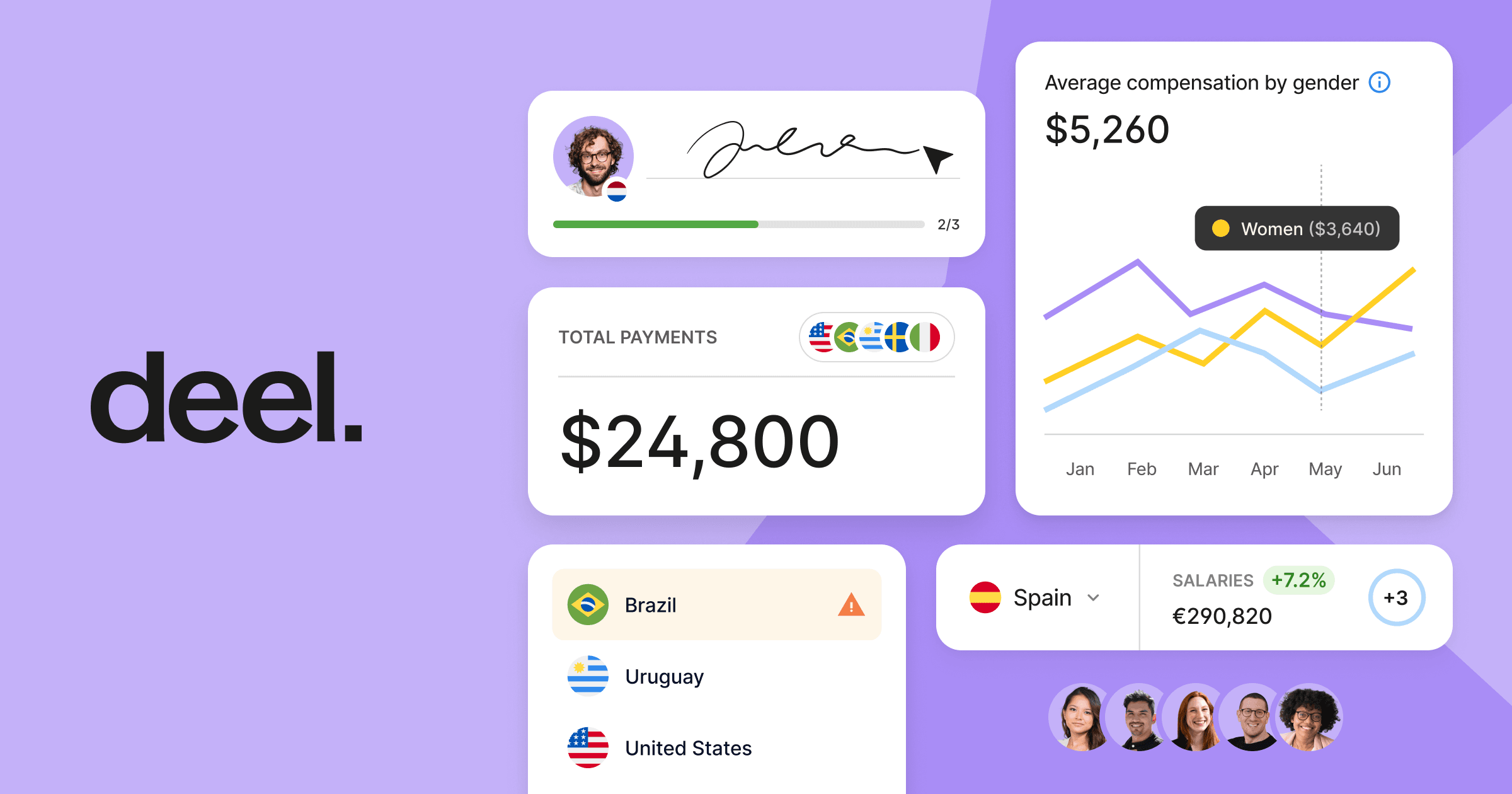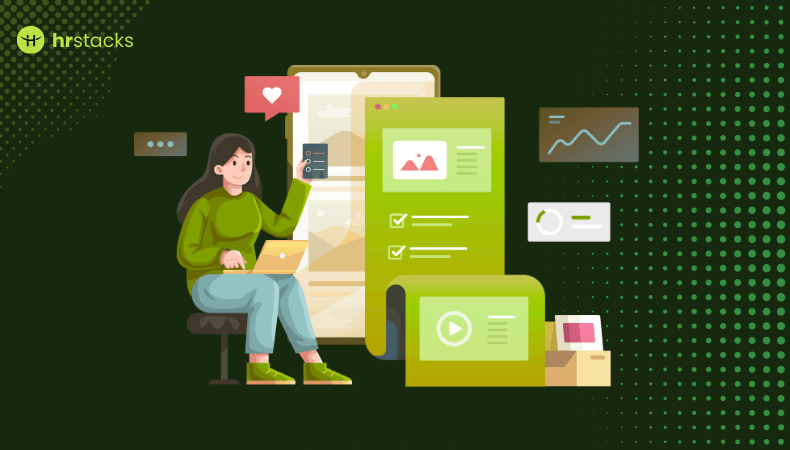Issue #9 • Sep 5, 2025

Welcome Back, Future of Work By HR Stacks!
We cut through the noise to bring you the sharpest updates in HR Tech, AI, and workforce strategy. From OpenAI’s bold move into hiring to employees pushing back against “AI bosses,” here’s what’s shaping the week in work.
If you haven’t yet, subscribe to the weekly HRStacks newsletter and keep us in your primary inbox.
In Today’s Edition:
💼 OpenAI Jobs Platform: Why certifications, not resume, could define the next hiring era
😟 AI Bosses Backlash: Workers don’t want algorithms deciding pay or promotions
🤖 Salesforce Shake-Up: 4,000 support jobs replaced by AI agents
🔥 Hard-Core Work Culture: Is AI ironically fueling overwork and burnout?
🛠️ Tools Spotlight: Velocity Global, Multiplier, Deel, Lattice & HiBob
OpenAI to Launch Jobs Platform and AI Certifications by 2026

Source: HR Stacks
OpenAI isn’t just building another jobs board; it’s trying to redefine who gets to say you’re “qualified.” The company plans to launch its own Jobs Platform by mid-2026, paired with AI-fluency certifications that millions of workers could carry into the job market.
That puts OpenAI head-to-head with LinkedIn (ironically backed by Microsoft, OpenAI’s biggest investor).
For HR, the shift is clear: credentialing may move from universities and employers to AI platforms themselves.
Walmart is already backing OpenAI’s plan to certify 10 million Americans by 2030. The challenge? Figuring out how much weight you’ll give an AI-issued credential the next time it lands on your desk.
TRENDING NEWS
A Workday–Hanover Research survey of nearly 3,000 leaders shows 82% of organizations are expanding AI use, but only 30% of employees are comfortable being managed by it. Workers welcome AI as a coworker or advisor, yet strongly reject its role in decisions on pay, recruitment, and compliance.
HR takeaway: Employees want AI to support, not supervise them. Keep humans in charge of sensitive management decisions to protect trust and morale.
Fortune reports that while corporate executives increasingly champion AI, many employees remain skeptical, especially when AI replaces managerial authority or impacts decision-making.
For HR leaders: HR leaders must bridge this credibility gap with transparency, co-creation, and clear AI-role boundaries.
Salesforce CEO Marc Benioff confirmed AI agents have replaced 4,000 customer support roles, yet praised the ongoing need for human oversight, likening AI to self-driving cars that still need driver attention.
Lesson for HR: Staff adjacencies to AI won’t vanish; they’ll shift toward oversight, exception-handling, and relationship-led roles.
HRMorning explores signals of burnout, presenteeism, and over-commitment, framing a new era of overwork, despite AI's promise to lighten workloads.
For HR leaders: Beware the irony, without safeguards, AI that raises capacity can also intensify unhealthy work norms.
Zellis argues that AI in HR isn’t a dehumanizer; it’s a relationship amplifier when used thoughtfully to expand reach, responsiveness, and personalization.
For HR leaders: Embrace human-centred AI design; tech should enhance empathy, not replace it.
An Australian report shows 86% of HR professionals anticipate major AI change at work; 57% plan budget increases, yet 44% cite persistent AI skills gaps.
For HR leaders: Budgets are rising, but until learning catches up, ROI will be slow.
USEFUL TOOLS
USEFUL RESOURCES
IMPORTANT STATS












